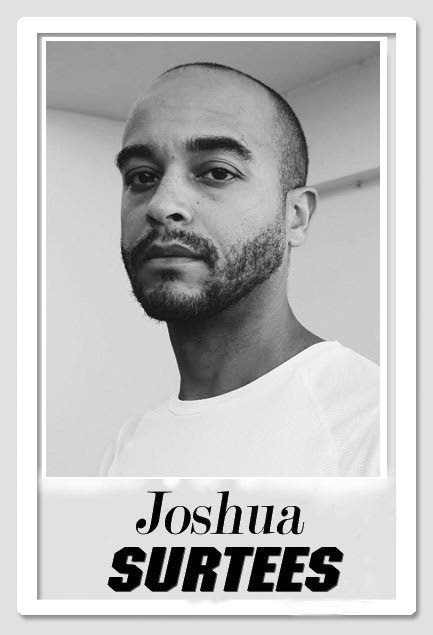It never rains but it pours

Forget about the weather for a second. Consider the real s--t storms.
The man in the White House uses the N-word. A woman's sari is removed by gorilla-costumed men for a political stunt. Naipaul dies, and we debate his racism. The Labour Party grapples with anti-Semitism. A front-page murder counter reveals 336 killings in 226 Trinidadian days. 1.5 murders a day. Venezuelan asylum-seekers exploited for $80 a day resort to sex work to eat, while living in fear of deportation. America places sanctions on Iran, Russia and Turkey…
It never rains but it pours. How do we get through these times? I want to just go and watch river dolphins in the Amazon. I want to opt out of modern society. Perhaps scroll-free September – when we are meant to down our mobile devices for a month, reject apps and “be present” – will allow me to, at least digitally, feel like none of this is really going on.
As the news and politics vortex whirls, so does the noise and traffic of Twitter, of Facebook, of never-ending threads (“view more replies?” why not…it’s better than TV), internet wormholes, Q-Anon conspiracy theories… does any of it get us anywhere? Do any of us actually do anything but social media any more?
People with real jobs, like teachers and doctors, don't check their phones every five minutes. Do they stay up late at night catching up what they missed? What they missed was the same as yesterday. Liberals were goaded, conservatives dismantled by logic doubled down, the rise of stupidity continued, the trans community was insulted, a high-school graduate tweeted 87 times to nobody but the 88th got retweeted 16k times. “She/her” pinned the tweet because like, you know, hashtag goals.
Three hundred people, including many children, have drowned in Germany this year during the heatwave, largely because parents didn’t look up from their phones to see their offspring in trouble.
Today, we don’t have to wait for the nightly news to see a cabinet minister running away from beer-wielding constituents kicking water over him. It’s already in our hands. Just look down. Your phone is already there. Go on, look. From Beetham to the world. Know it, engage, chuckle, move on.
A bridge collapses in Genoa, killing dozens. Nightmarish. Tweet: “This is appalling.” Next. Monsanto causes cancer. Whatsapp: “Have you seen this?” Next. Cook a meal. "Me right now." Snapchat it. Wham. Done. You crushed that post, just like 12 million other people did that same precise second.
Where does this digital litter go? What is the energy impact? Are we cluttering up servers, creating a tech infrastructure time bomb? How is it archived? Will future archaeology be purely digital? How do you excavate a data mountain? Are we forgetting how to hold pens? Will they stop teaching children how to write in school? When my kid asks me a maths question will I just Google it? Will I just Google everything I don't know forever now? Am I becoming stupider? Will Google make me cleverer? I'm starting to understand what anxiety could look like!
If a third world war breaks out (and trust me, it will) it won't just be food rationing, there will be internet rationing. Meme blackouts. Emoji famine. Instead of crowding around the wireless to hear the news of the latest naval battle (or space battle, according to Mike Pence this week. Thanks, Mike!) we'll crowd around the one phone still connected to a charger. And let's face it, some of us will miss messaging and scrolling more than we miss food.
Ah the good old days when food was just sustenance. You can’t eat data you know. Try telling that to the Instagram models. All the data has gone to their bottoms. They are stockpiling for the bandwidth apocalypse.
I begin to crave some form of silence, but I'm not old enough to just go and live in Tobago where internet is an intermittent concept and wait for nothing to happen, day after interminable day. Is there a society that is happy enough in this crazy world to simply unplug? Where it rains but does not pour?
In a Desert Island Discs interview recorded in 1980, Naipaul talked of being born in a place "very far from civilisation" where he felt he would be “crushed, extinguished, extinct,” unless he got to somewhere where “the activities of the mind would be given due regard.” Today’s internet creates a global sphere where civilisations meet, ignorance and intelligence collide, in a real but virtual world.
This week, Vienna displaced Melbourne as the world’s most liveable city. Somebody tweeted a timetable showing Vienna’s trains running every five minutes. Civilisation. Another tweeted the ten least liveable cities – all non-white, all infinitely more interesting than Vienna. In Port of Spain, the deluge continued. Morvant junction was impassable. Vienna continued to be dull. The Nazis a distant, recent memory. Someday a real rain will come.

Comments
"It never rains but it pours"